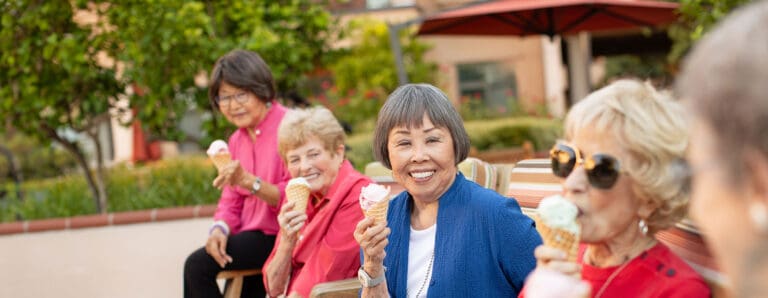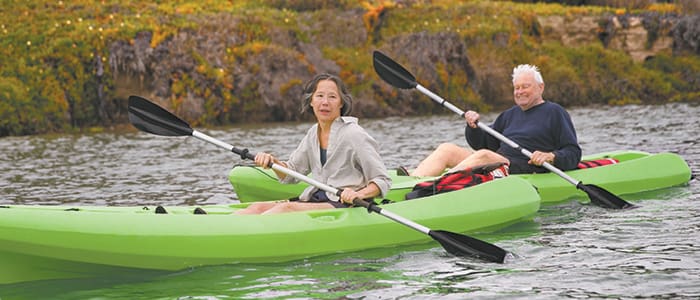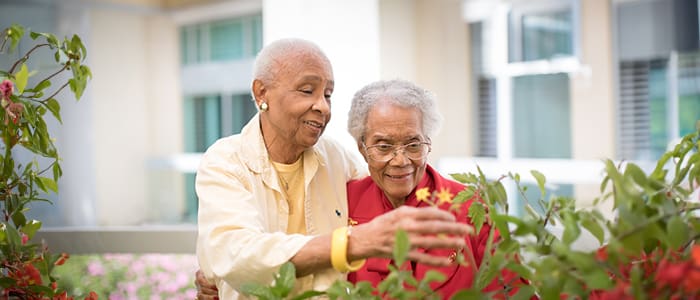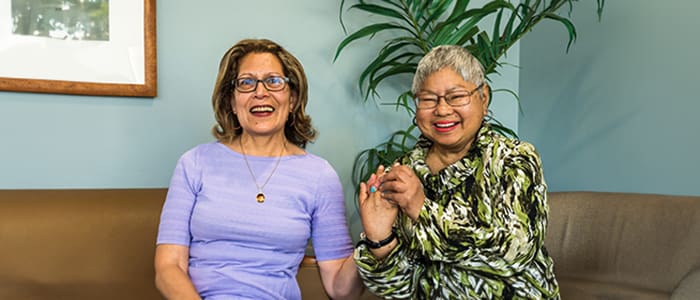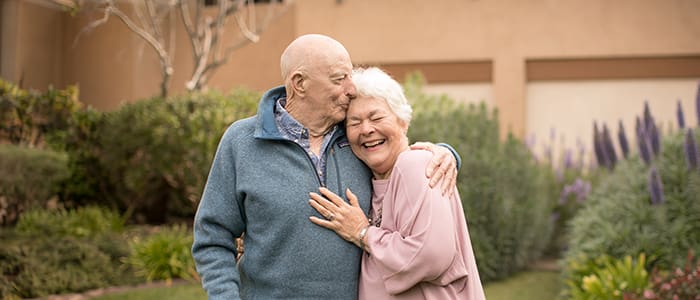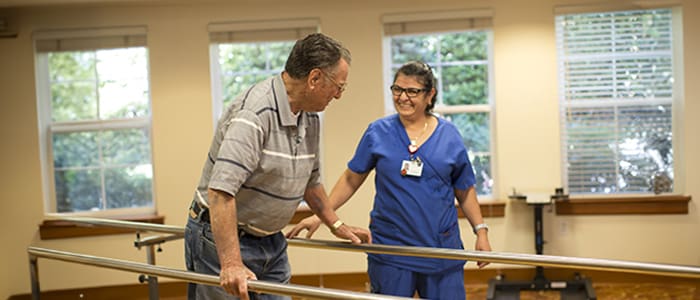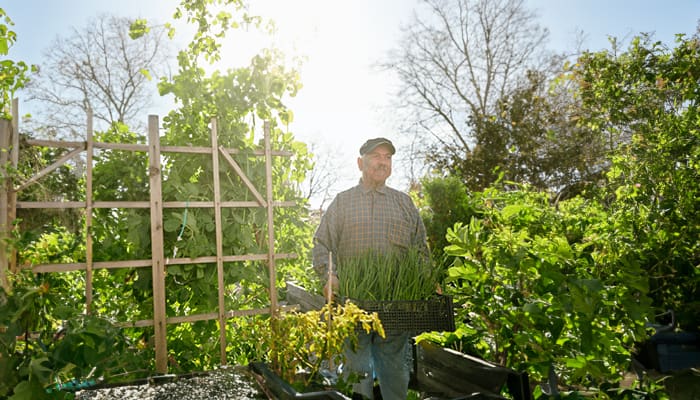May 13, 2020
Providing care during uncertainty: Covia and Skilled Nursing
Cynthia Shelby worked for 15 years as a hospital nurse – including emergency rooms, ICUs, and medical/surgery – before she took a position as an Assistant Director of Nursing in a skilled nursing community in Ohio. As a hospital nurse, Shelby notes “You become a very good clinician and you have good diagnostic skills and you’re real quick on your feet.”
But skilled nursing is a different world. She adds, “Nobody just jumps into this field. It takes experience. You have to learn all the regulations and all the little pieces of the puzzle that have to get put together before someone can go home.”
For the past three years, Shelby has worked for Covia as a Regional Quality and Care Nurse, providing support to six Skilled Nursing Facilities, from Pacific Grove to Santa Rosa. She, along with other members of the Clinical Team, offers guidance on the complexities of skilled nursing, including regulatory requirements, preparing for surveys from state regulators, billing questions, staffing concerns, training, and even filling in for key roles as needed.
Covia offers skilled nursing care within its four Life Plan Communities and at Canterbury Woods, a multi-level community. Skilled nursing care “illustrates key parts of our mission,” says CEO Kevin Gerber. “It’s about the continuum of care and how the full team help residents transition through changes. Skilled nursing is also about the whole person – not just thinking about their physical needs, but all of their needs.”
Skilled nursing facilities “have always had a bad reputation and many joke it’s a death sentence,” says Connie Yuen, Healthcare Administrator at St. Paul’s Towers. “Yet, while skilled nursing care can be the final home for some who are frail and sick, it can also represent an environment to rest, strengthen and recuperate so one can continue living life and even return to a prior home. Working in skilled nursing care means that I have the privilege of providing great care to our residents during difficult times and uncertainty.”
May 10-16 is National Skilled Nursing Care Week. This year, it comes as skilled nursing facilities have become the face of the COVID-19 pandemic on top of the stereotype of the “nursing home.” Add in a few bad actors who skimp on care for profit, it is not surprising that the perception is negative.
The negative perception exists in the nursing profession itself. “I too was a nurse for years in big medical centers,” says Mary Linde, Executive Director at St. Paul’s Towers. “People thought I was nuts when I moved to long term care. But the beauty of the skilled nursing home is the relationship with the residents. Because it’s a long term relationship, the care can really be tailored to that person’s personal preferences.”
Far from causing a reduction in the care and services residents receive, the COVID-19 crisis has only encouraged new ways of serving Covia’s skilled nursing residents. “I have been astonished and amazed in the most beautiful ways at watching the staff adapt to how they do care,” says Linde. “Staff who are normally behind the medication cart are now finding ways to do one-on-one activities with residents. Because if they weren’t doing them, they may have times of isolation. They are innovating and caring in new ways, and it’s amazing to witness.”
Covia has been able to get staff the supplies they need, ordering Personal Protective Equipment (PPE) like masks in larger quantities and distributing to the different communities as needed. Shelby, as part of Covia’s COVID-19 Task Force, reports daily on the needs and concerns of the skilled nursing teams, as well as the creative solutions they are implementing – such as turning sections of the health care center into isolation areas should a COVID-19 positive resident need to be kept separate from others. During weekly Infection Prevention Zoom calls, team members share best practices, discuss concerns, and answer questions to ensure that the Covia’s health care services are prepared for what might happen next.
“We’re making history,” says Shelby. “We’re doing things we’ve never done before. We’re introducing lots of new technologies, new ways of doing things, new ways of communicating to our families. Everyone as a team comes together for that.”
“I get to work with a team of intelligent, compassionate, kind individuals that provide and coordinate care to older adults with various healthcare needs,” says Yuen. “Together, we promote healthy aging, safety, well-being, quality of life, dignity and meaning if one becomes more frail towards the end of life.”
“What happens over time is love,” says Linde. “The care is driven by that relationship and there’s not another word for it. It is love that happens there.”
